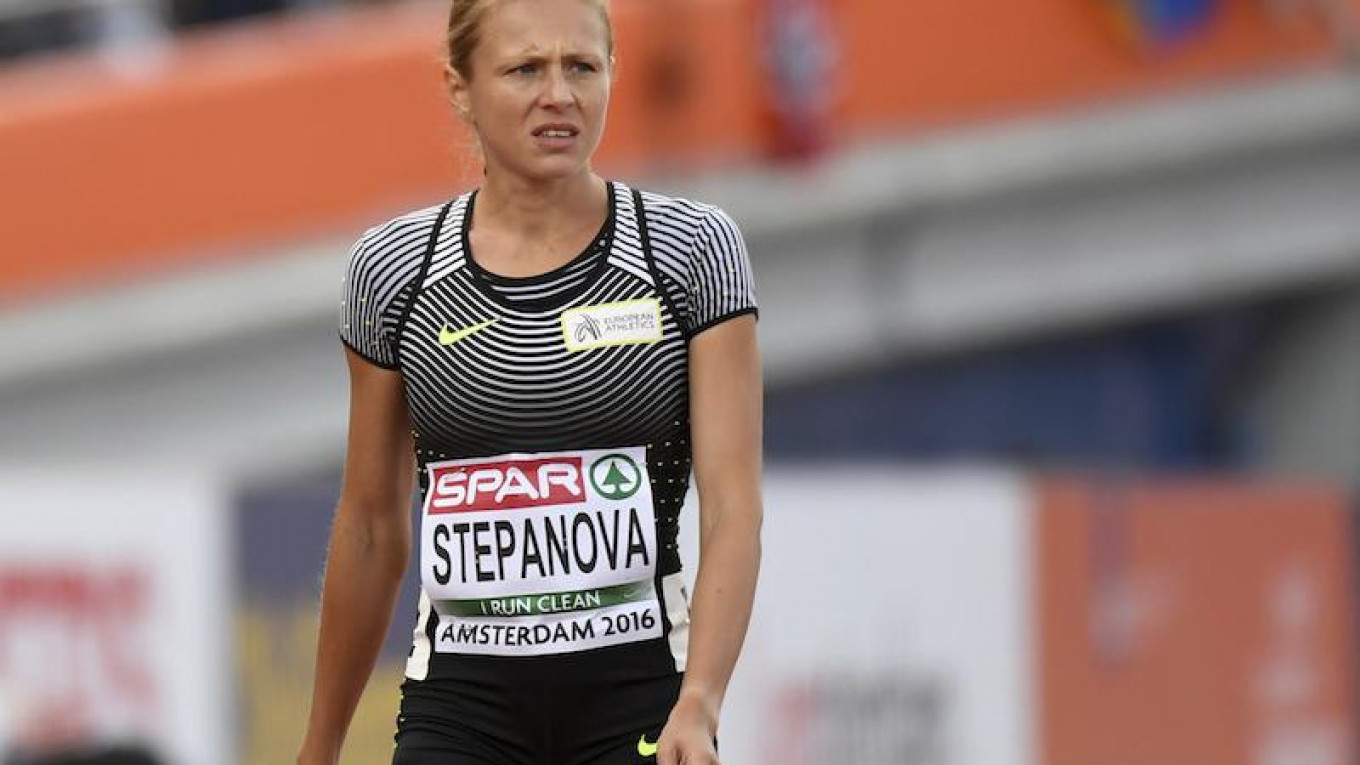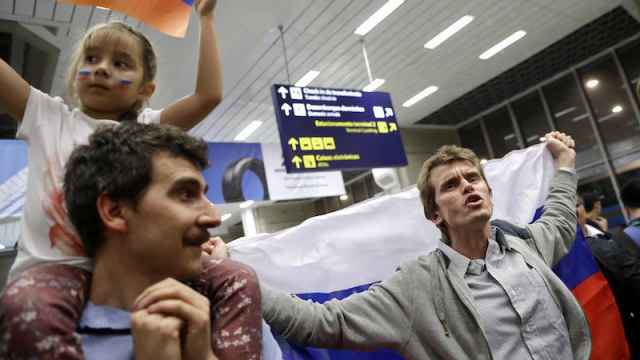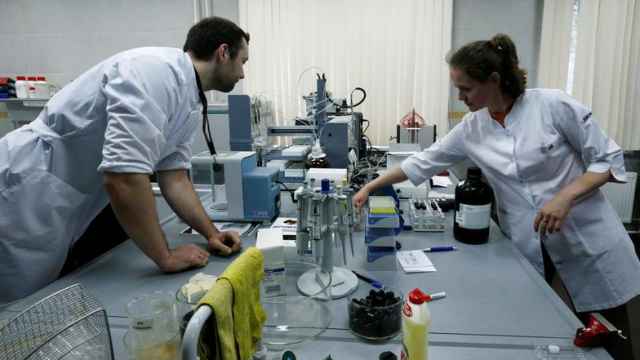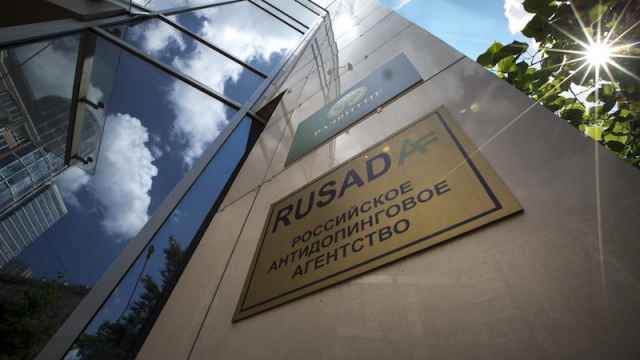Yuliya Stepanova, the 800m runner who exposed Russia’s state-backed doping program, has revealed that she fears for her safety after details of her location were exposed by hackers.
Hackers broke into computers used by the World Anti-Doping Agency (WADA) to track Stepanova's exact whereabouts, WADA revealed Saturday. Athletes use the WADA computer system to record their location in order to better coordinate drug-testing locations.
The athlete is currently in hiding in the United States with her family after giving evidence on Russia’s state-sponsored doping program. The evidence of Stepanova and her husband, a former anti-doping official, formed part of the report which saw the country’s athletics team banned from this summer's Olympic Games.
“If something happens to us then you should know that it is not an accident,” Stepanova said in a conference call to journalists. “The only reason someone would hack a [WADA] account is to find out your exact location,” she said.
In a separate interview, she also revealed that “we have made plans with certain people that if something should happen to us they take care of our son.” The family has since relocated.
Stepanova has critiasized the International Olympic Committee's (IOC) handling of the Russian doping scandal, claiming she was “certain” that a number of Russians using performance-enhancing drugs were competing in Rio. The IOC ignored calls for a blanket ban on Russian athletes at the Games, instead handing responsibility to individual sporting federations to determine individual athletes’ eligibility. A total of 268 Russians are currently at the competition.
Stepanova had hoped to compete in Rio, but fell foul of the IOC’s ban on Russian athletes with previous doping convictions. Athletes from other countries who have served bans related to doping are still allowed to compete.
Both WADA and the International Association of Athletics Federations (IAAF) have come out in favor of Stepanova competing, but were overruled by the IOC. Stepanova was invited to the Games as a VIP spectator, an offer she refused.
The chair of WADA’s Athlete Commission, Becky Scott, has praised Stepanova’s contribution to clean sport, calling her situation “unacceptable, devastating and heartbreaking.”
“We need whistleblowers and informants more than ever, but if this is the price they have to pay it’s little wonder so few come forward,” she said.
A Message from The Moscow Times:
Dear readers,
We are facing unprecedented challenges. Russia's Prosecutor General's Office has designated The Moscow Times as an "undesirable" organization, criminalizing our work and putting our staff at risk of prosecution. This follows our earlier unjust labeling as a "foreign agent."
These actions are direct attempts to silence independent journalism in Russia. The authorities claim our work "discredits the decisions of the Russian leadership." We see things differently: we strive to provide accurate, unbiased reporting on Russia.
We, the journalists of The Moscow Times, refuse to be silenced. But to continue our work, we need your help.
Your support, no matter how small, makes a world of difference. If you can, please support us monthly starting from just $2. It's quick to set up, and every contribution makes a significant impact.
By supporting The Moscow Times, you're defending open, independent journalism in the face of repression. Thank you for standing with us.
Remind me later.






